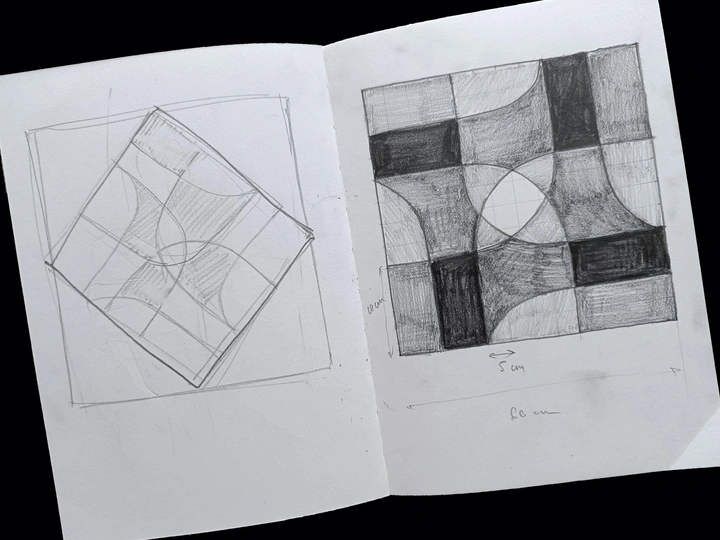Streitkultur

My artistic practice delves into formats such as games, scores, interventions, workshops and other participatory formats. I am interested in how knowledges, values and agency are distributed and how they circulate in the post-socialist context. My approach is site-sensitive, research-based and often draws from collaborations between artistic and non-artistic positions. My work is in close connection to the lived realities of those around me. In my artistic research, I use urban research methodologies and mapping. I see my practice as closely related to mediation and I often draw from my experience working as a facilitator and tour guide. Collaborations are an important aspect of my work, especially between artistic and non-artistic positions.
I have obtained a Bachelor's degree at the Academy of Fine Arts “Pietro Vannucci” in Perugia, and am currently pursuing a master’s degree at the Institute for Art in Context at the University of Arts (UdK) in Berlin. I work as a research assistant at HZT (Inter-University Center for Dance) Berlin. I hold a WHW Akademija fellowship for 2025.
My proposal stems from a research-based artistic project that questions and mediates the notion of radical democracy through a game format. The idea is to activate political imagination, understood as the ability to imagine otherwise, in dealing with issues such as representation, distribution and environmental responsibility. The playing surface and the table serve as material infrastructure for social life, sustaining and mediating human relationships, while at the same time allowing confrontation.
According to Laclau and Mouffe Radical democracy stands for the root of democracy, differing from liberal and deliberative democracy in that it does not aim to take away differences and antagonism, but rather depends on them. The main question that the project poses is: What kind of (spatial) structures do we need to channel antagonism as a creative force and facilitate new ways of being together? How do we learn to differ differently?
The game is centered around land use, resources and decision making structures. If we were to understand “radical” as the root, we would have to address the root connection between ownership and Eurocentric understanding of democracy. The game proposes a different relationship to land, resources and infrastructure, deconstructing the premise on which political participation is grounded. The relations proposed are based on common grounds, proximity and interdependency. The playing surface is composed of intersecting fields and opposes the logic of ownership and borders. The question arises: How are physical spaces shaped through democratic processes / how are democratic processes simultaneously conditioned by the space which accommodates them?
This game is part of a larger artistic research I am conducting which explores our relationship to land and territory, its embeddedness in politics and our understanding of identity. I see this project materializing in spatial interventions, work with communities and self-publishing.